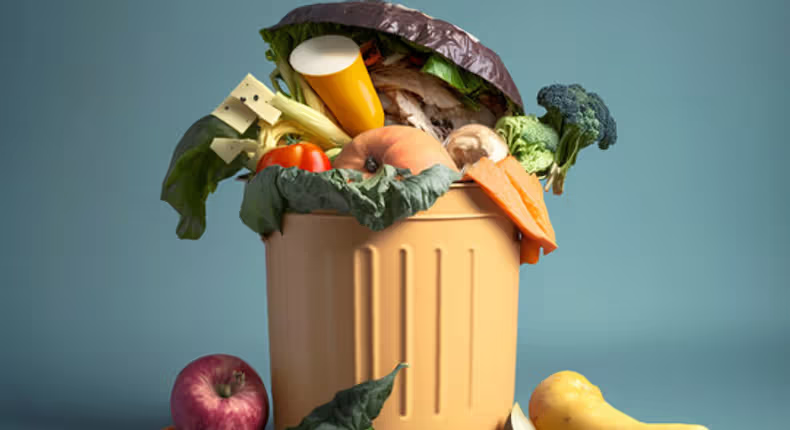Food waste is a significant issue that impacts both our finances and the environment. Each year, millions of tons of food are discarded, while many people around the world remain hungry. Beyond the waste of food itself, the resources such as water, energy, and labor used to produce, package, and transport food are also lost. By making mindful changes in how we buy, store, and use food, we can collectively make a significant difference. Here are five effective strategies to reduce food waste:
- Plan Your Meals Planning meals in advance helps prevent buying unnecessary items and ensures that you use up ingredients you already have. Before shopping, review your pantry and refrigerator to see what’s on hand, and create a shopping list based on planned meals. Sticking to this list helps avoid impulse buys and promotes healthier eating, while also reducing waste.
- Store Food Properly Proper storage is key to extending the life of your food. Fruits and vegetables should be kept in their ideal environments—some in the refrigerator and others in a cool, dry pantry. Airtight containers for leftovers and opened packages can help maintain freshness. Utilizing your freezer for leftovers or items nearing their expiration is another effective way to reduce waste.
- Use Leftovers Creatively Instead of discarding leftovers, transform them into new dishes. For example, leftover stew can be repurposed into jollof rice. Get creative with your leftovers or freeze them for later use. This not only reduces waste but also saves time and effort in meal preparation.
- Compost Food Scraps Composting food scraps such as fruit peels, vegetable trimmings, and eggshells turns them into nutrient-rich soil, which is great for gardening. If you don’t have a garden, look for community composting programs or local drop-off points. Composting helps divert waste from landfills and supports sustainable practices.
- Understand Expiry Dates Many people discard food once it reaches its “best before” or “sell by” date, even if it is still safe to eat. These dates often indicate quality rather than safety. Use your senses—check the appearance, smell, and taste of food before throwing it away. Trusting your senses can help reduce unnecessary food waste.
By adopting these practices, we can all contribute to a reduction in food waste and make a positive impact on both our environment and our households.

